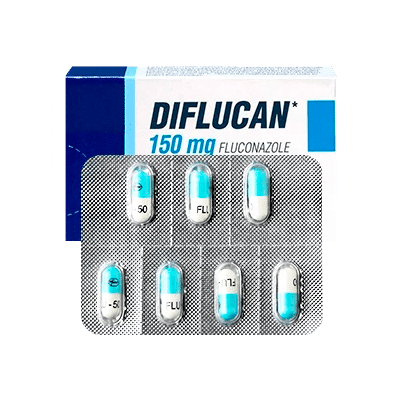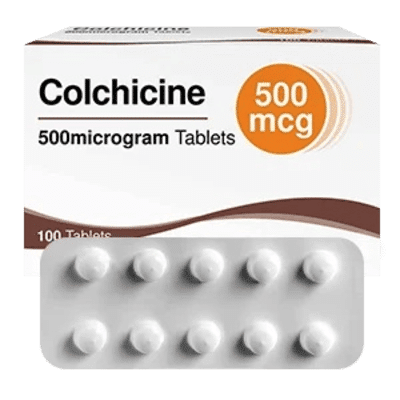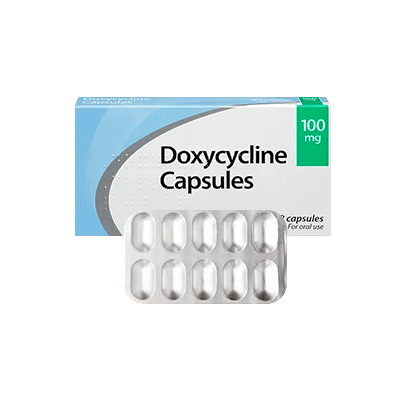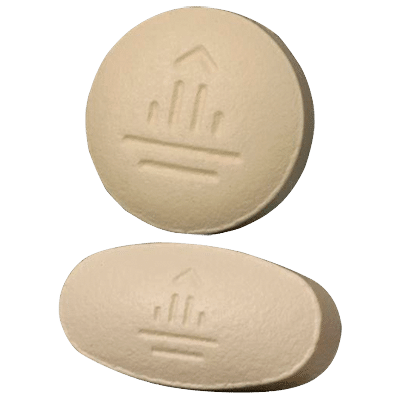I experienced my first unpleasant case of a fungal infection, and the doctor prescribed Diflucan. After just a couple of days, I felt noticeable relief; the symptoms almost completely disappeared. Im pleased with the medication and its rapid action.

Diflucan
- Quality products
- Support 24/7
- Fast delivery
About this medicine
Diflucan is an antifungal antibiotic widely used to treat infections caused by Candida. The drug is commonly prescribed for a variety of infections, including vaginal and pharyngeal candidiasis, urinary tract infections, peritonitis, and even pneumonia. Diflucan works by disrupting the formation of the fungal cell membrane, which facilitates its destruction. Its targeted action effectively combats most types of fungal infections, providing noticeable improvement within the first 24 hours of administration. However, it may take several days for symptoms to completely resolve.
Composition of the medicine
Diflucan contains the active ingredient fluconazole, which is responsible for its antifungal action. This substance belongs to the group of azole antifungals and effectively fights various infections by destroying fungal cell walls. The drugs components are carefully balanced, taking into account medical protocols and recommendations.
- Fluconazole is the active ingredient that provides the primary therapeutic effect.
- Additional ingredients ensure the stability and absorption of the drug.
- Components that facilitate proper storage and long-term effectiveness of the product.
Each component of the medication is selected based on clinical trials, confirming the drugs efficacy and safety in various clinical settings.
Usage and dosage
Diflucan is usually taken once daily, with or without food, using a measuring spoon. The medication should be taken with a full glass of water and at the same time each day for optimal results.
- For the treatment of genital candidiasis: a single dose of 150 mg.
- For mucosal lesions: 50 mg once daily for a month, depending on the location of the infection.
- Fungal skin infections: 50 mg once daily for 2-4 weeks.
- For internal infections: 400 mg on the first day, then 200-400 mg daily for 6-8 weeks, or longer if needed.
- For the prevention of fungal infections: 50-400 mg daily during the period of risk of infection.
- For the prevention of recurrence of cryptococcal infection: 100-200 mg daily indefinitely.
The dosage for children varies depending on age and is adjusted by a physician. For very young patients, the instructions also provide special instructions for administration.
How does this medicine work?
Diflucan works by disrupting the synthesis of fungal cell membranes, thereby destroying the fungus. The drug interferes with the normal metabolism of fungal cells, weakening and destroying their structure, ultimately leading to their death. This process ensures the drugs effectiveness even against persistent infections.
By acting at the biochemical level within the pathogens cells, Diflucan actively inhibits fungal growth and reproduction. Its targeted mechanism of action allows for rapid symptom relief, although complete resolution of signs of infection may take several days. Supporting the body in eliminating fungal flora ensures a smooth and gradual recovery, which is especially important in complex or advanced cases.
Indications for use
Diflucans indications are quite broad due to its versatility and effectiveness against a wide range of fungal infections.
- Genital candidiasis and other forms of Candida infections.
- Systemic fungal infections, such as peritonitis and cryptococcal infections.
- Infection prophylaxis in immunocompromised patients.
These indications make it a key drug in the physicians arsenal when combating fungal infections, providing reliable protection and rapid symptom relief. Well suited for long-term treatment, it demonstrates reliable results in the treatment of even the most complex cases.
Contraindications for use
Contraindications to Diflucan are also important to consider, as certain factors may make it unsafe to use.
- Allergy to fluconazole or other components of the drug.
- Previous allergic reactions to azole drugs, including ketoconazole, clotrimazole, and others.
These contraindications require strict adherence to your doctors recommendations before starting treatment, as failure to do so may adversely affect your health. Consult your doctor if you have previously experienced side effects while taking other antifungal medications.
Side effects
Side effects of Diflucan are relatively rare, but they can still occur, especially if the dosage is exceeded or if there is an individual intolerance to certain components.
- Dizziness and fatigue are rare but possible symptoms.
- Allergic reactions, which may include rash or itching.
- Gastrointestinal disturbances, manifested by nausea or diarrhea.
These side effects should be kept in mind, and if they occur, consult a doctor for treatment adjustments. Following your doctors recommendations can help minimize the risk of such reactions.
Frequently asked questions
Diflucan Reviews and Experiences
I used Diflucan on my doctors recommendation to treat genital candidiasis. A single dose produced noticeable results the very next day. The medication effectively cleared the problem, and Im completely satisfied with the results.
One day, my infection symptoms suddenly worsened, and I was advised to try Diflucan. After the first dose, I felt a noticeable improvement, and within a few days, the discomfort had completely disappeared.








